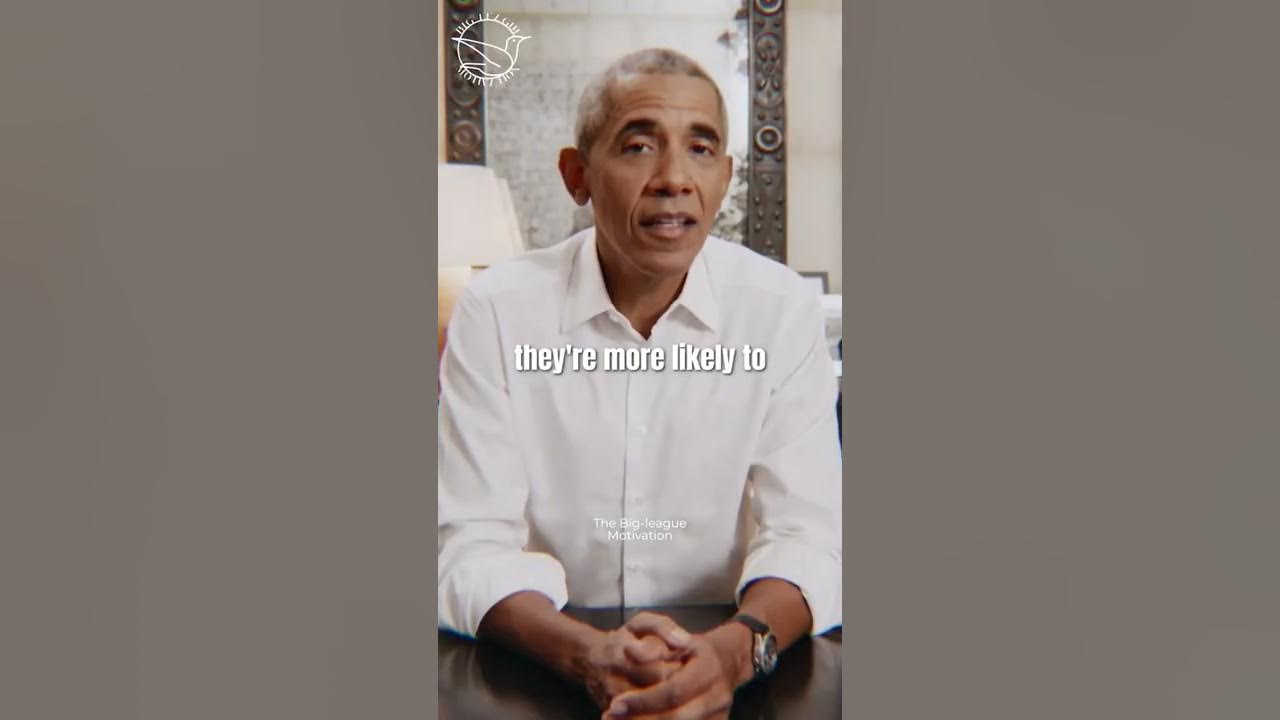Wayne Bennett
Summary
TLDRThe transcript emphasizes the qualities of a true leader, who gains respect through actions and intent, not by seeking it. It discusses the importance of making tough decisions for the betterment of the team, even if it means being unpopular. The speaker shares personal experiences, including the consequences of difficult choices made for the greater good, and the importance of not being used or seen as weak. The narrative also touches on the battle between good and evil within, suggesting that the traits one nurtures determine the outcome of this internal struggle, ultimately shaping the environment and success of a team or organization.
Takeaways
- 🌟 A true leader is defined by the quality of their actions and the sincerity of their intent, rather than self-identification as a leader.
- 🔍 Leaders should make decisions for the right reasons, as this impacts the perception of their actions when things go wrong.
- 🦅 True leaders are like eagles, not flocking with the crowd, and may be difficult to be popular all the time, which is essential for effective leadership.
- 🤔 Leaders must distinguish between being liked and making tough decisions, which can sometimes be unpopular but necessary.
- 💡 It's crucial for leaders to understand the difference between kindness being perceived as weakness and being exploited by others.
- 🚫 Leaders should not tolerate being used or exploited, maintaining boundaries to prevent negative impacts on the team.
- 🛑 Making hard decisions, even if they are emotionally challenging, is a part of leadership, as seen in the example of a coach who had to let go of a player for his and the team's betterment.
- 📈 Accountability is key in leadership; leaders should spend time nurturing new talent rather than solely focusing on seasoned players.
- 🔑 Leaders should set expectations and follow through with consequences, as demonstrated by the coach who warned of changes if performance targets were not met.
- 📊 The importance of creating an environment where everyone works towards a common goal, as opposed to groups that complain and undermine progress.
- 📚 The Cherokee tale of two wolves inside us symbolizes the ongoing battle between good and evil within individuals, with the outcome determined by which 'wolf' one feeds.
- 🛤️ Leaders should foster an environment where problems are solved collectively and progress is made, rather than allowing divisiveness and negativity to prevail.
Q & A
What is the key quality that makes someone a true leader according to the transcript?
-A true leader becomes one by the quality of their actions and the honesty of their intent, rather than seeing themselves as a leader.
How does the speaker describe the impact of making decisions for the right reasons?
-Making decisions for the right reasons leads to a different outcome when things go bad. It helps maintain trust and integrity even in failure.
What is the analogy used to describe true leaders?
-True leaders are like eagles; they don't flock and are found one or two at a time, signifying their uniqueness and independence.
Why is it difficult for a leader to be liked all the time?
-It's difficult because leadership often requires making tough decisions that may not always be popular, thus affecting the likability of the leader.
How does the speaker relate the experience of a teacher to leadership?
-The speaker suggests that sometimes being too soft can be a disservice, and leaders, like teachers, need to make tough decisions for the betterment of those they lead.
What was the outcome of the speaker's decision to sack a player from the Broncos?
-The player later asked to play back with the speaker, acknowledging the need for discipline and guidance that the speaker provided.
What did the speaker do at the end of the 1996 season with the Broncos?
-The speaker sacked four senior players who were underperforming, despite having made a general statement earlier in the season about potential changes.
How did the speaker's actions at the end of 1996 impact the team's performance?
-The decisions led to winning the premiership in 1997 and 1998, showing the effectiveness of the speaker's leadership and decision-making.
What is the significance of the 'two wolves' cliche mentioned in the transcript?
-The cliche illustrates the internal battle between good and evil within people, emphasizing that the one you feed (good or evil) is the one that will prevail.
How does the speaker address the myth about different generations in the workplace?
-The speaker dismisses the myth as rubbish, stating that the core values and principles of leadership and work ethic remain consistent across generations.
What is the speaker's stance on compromising the standards of performance in sports or work?
-The speaker is adamant about not compromising on performance standards, emphasizing the importance of discipline and commitment.
Outlines

Cette section est réservée aux utilisateurs payants. Améliorez votre compte pour accéder à cette section.
Améliorer maintenantMindmap

Cette section est réservée aux utilisateurs payants. Améliorez votre compte pour accéder à cette section.
Améliorer maintenantKeywords

Cette section est réservée aux utilisateurs payants. Améliorez votre compte pour accéder à cette section.
Améliorer maintenantHighlights

Cette section est réservée aux utilisateurs payants. Améliorez votre compte pour accéder à cette section.
Améliorer maintenantTranscripts

Cette section est réservée aux utilisateurs payants. Améliorez votre compte pour accéder à cette section.
Améliorer maintenantVoir Plus de Vidéos Connexes

7 High Value Traits NO WOMAN Can Resist in a Man | Stoicism

Why Explaining Yourself Is the WORST Thing You Can Do - Machiavelli

If Someone Disrespects You, Do This - Machiavelli

The One Type of Man EVERY Woman Respects

What does a leader do? #shorts #barackobama #leadership

The One Type of Man Every Woman Respects
5.0 / 5 (0 votes)
